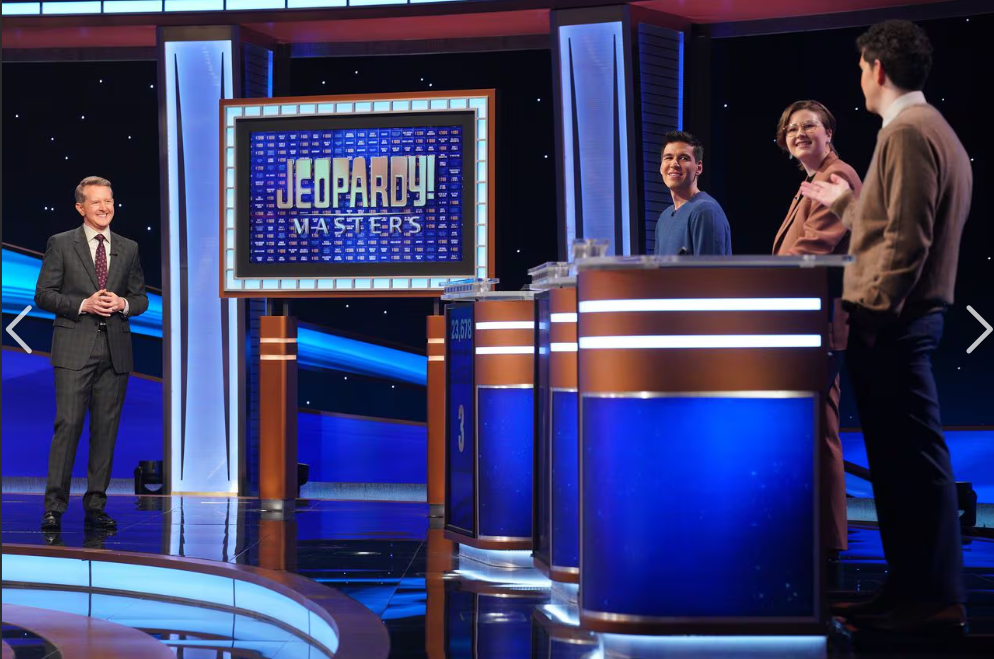The Enduring Legacy of “Jeopardy!”: A Cultural Phenomenon of Wit and Wisdom
Since its debut in 1964, Jeopardy! has transcended the boundaries of a mere game show to become a cornerstone of American popular culture. With its iconic “answer-and-question” format, intellectual rigor, and charismatic hosts—most notably the late Alex Trebek—the show has captivated audiences for decades, blending entertainment with education in a way few programs have achieved.

A Unique Format That Challenges Minds
At its core, Jeopardy! flips traditional trivia conventions: contestants are presented with answers and must respond in the form of a question. This simple twist demands not only knowledge but also quick thinking and precision. Categories range from history and literature to pop culture and science, ensuring that no two episodes are alike. The show’s infamous “Final Jeopardy!” round, where contestants wager their earnings on a single clue, adds a layer of strategic tension that keeps viewers on the edge of their seats.
A Platform for Extraordinary Minds
Jeopardy! has celebrated some of the most memorable contestants in television history. Ken Jennings, whose 74-game winning streak in 2004 earned him $2.5 million, became a household name, embodying the show’s blend of humility and brilliance. Similarly, Amy Schneider’s 40-game reign in 2021–2022 shattered barriers, highlighting the show’s evolving inclusivity. These champions, along with thousands of others, have turned Jeopardy! into a battleground for intellectual prowess, proving that brains can be just as thrilling as brawn.
Alex Trebek: The Heart of the Show
For 37 years, Alex Trebek’s calm demeanor, sharp wit, and unwavering professionalism made him synonymous with Jeopardy!. His battle with pancreatic cancer, which he disclosed in 2019, drew an outpouring of global support, underscoring the deep connection he forged with audiences. Trebek’s final episodes in 2020 were a poignant farewell to a man who had become a trusted friend to millions. His legacy continues to shape the show, as subsequent hosts strive to honor his ethos of curiosity and respect.
Cultural Impact and Adaptations
Beyond the screen, Jeopardy! has influenced education, inspiring classrooms to adopt its format for quizzes and debates. The show’s archive of over 400,000 clues serves as a treasure trove for trivia enthusiasts. Parodies on shows like Saturday Night Live and references in films like Groundhog Day cement its place in the cultural zeitgeist. Even in the age of streaming, Jeopardy! remains relevant, with spin-offs like Jeopardy! National College Championship attracting younger audiences.
The Future of Jeopardy!
As the show navigates the post-Trebek era, it faces both challenges and opportunities. New host Ken Jennings, a legend in his own right, bridges the past and future, while producers experiment with formats like “Second Chance” tournaments to keep the game fresh. Yet, the essence of Jeopardy! endures: a celebration of knowledge, a test of nerves, and a reminder that learning can be exhilarating.

In a world where entertainment often prioritizes spectacle over substance, Jeopardy! stands as a testament to the timeless appeal of curiosity. It is more than a game—it is a ritual that invites us to question, to wonder, and to revel in the joy of knowing. As long as there are questions to be asked, Jeopardy! will remain a beacon of intellectual adventure.

